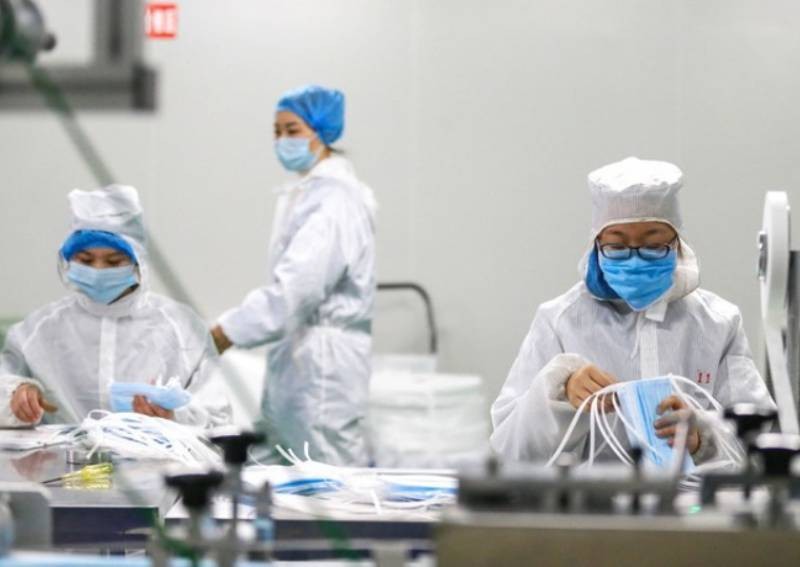Thoughts on Covid-19 and its impact on stock markets

A strong start to the year that saw the signing of the first phase of the US-China Trade War deal being signed was unfortunately derailed by a black-swan event - the arrival of COVID-19.
I had spent a significant amount of time in Hong Kong in Jan in which things had calmed down significantly. The retail industry was starting to recover and night hotspots like Lan Kwai Fong were noticeably bustling. On some days, it felt as though things had returned to normal.
I conducted a field trip to Festival Walk, a shopping mall owned by Mapletree North Asia Trust that was shut down because of violent protests earlier in Nov.
Since then, things have quietened considerably and even districts that weren't affected by the protests have seen a dramatic slowdown in business.
The effects of the COVID-19 has even affected our shores with a noticeable uptick in more confirmed and suspected cases and even sporadic incidents of food hoarding in Singapore.
COVID-19 has distinct similarities to SARs in that its origins were rooted in China and has seen the surrounding region being impacted by it.
While the situation is still unfolding, it's important to take that the mortality rate of the virus outside of China is extremely low, which are skewing the figures. If anything, it reflects the quality of healthcare in China and its poor response at the initial stages to contain the outbreak.
Most of the fatalities have been centred in the Hubei Region which has suffered greatly because its healthcare system has come under significant stress.
[[nid:476354]]
We do not want to downplay the severity of the crisis for it is indeed severe. However, we have every belief and confidence that it is a temporary storm that will pass just like previous health crises such as H1N1, MERs and others.
Business activity has come to a virtual halt for industries such as property development and automobile sales where it comes as no surprise that car sales in China have plunged.
It is worthwhile noting that while share prices had dropped sharply because of SARs in Hong Kong in 2003, they quickly rebounded as the crisis abated and almost delivered a 200 per cent return in the ensuing years as the economy picked up speed.
Fortunately, the situation seems to be coming under control in China as it splutters back to life slowly.
Unfortunately, COVID-19 seems to be taking hold in countries like South Korea, Japan and even Italy.
There have been earlier comparisons to SARs but it now seems likely that COVID-19 will have a much bigger impact on developed markets.
Although its mortality rate is far lower, it spreads far easier and the nature of our globalised markets make transmission almost a certainty.
The economy is certain to slowdown even outside of Asia at this point and recent sharp sell-offs will provide compelling opportunities in the weeks and months to come.
This article was first published in The Asia Report. All content is displayed for general information purposes only and does not constitute professional financial advice.